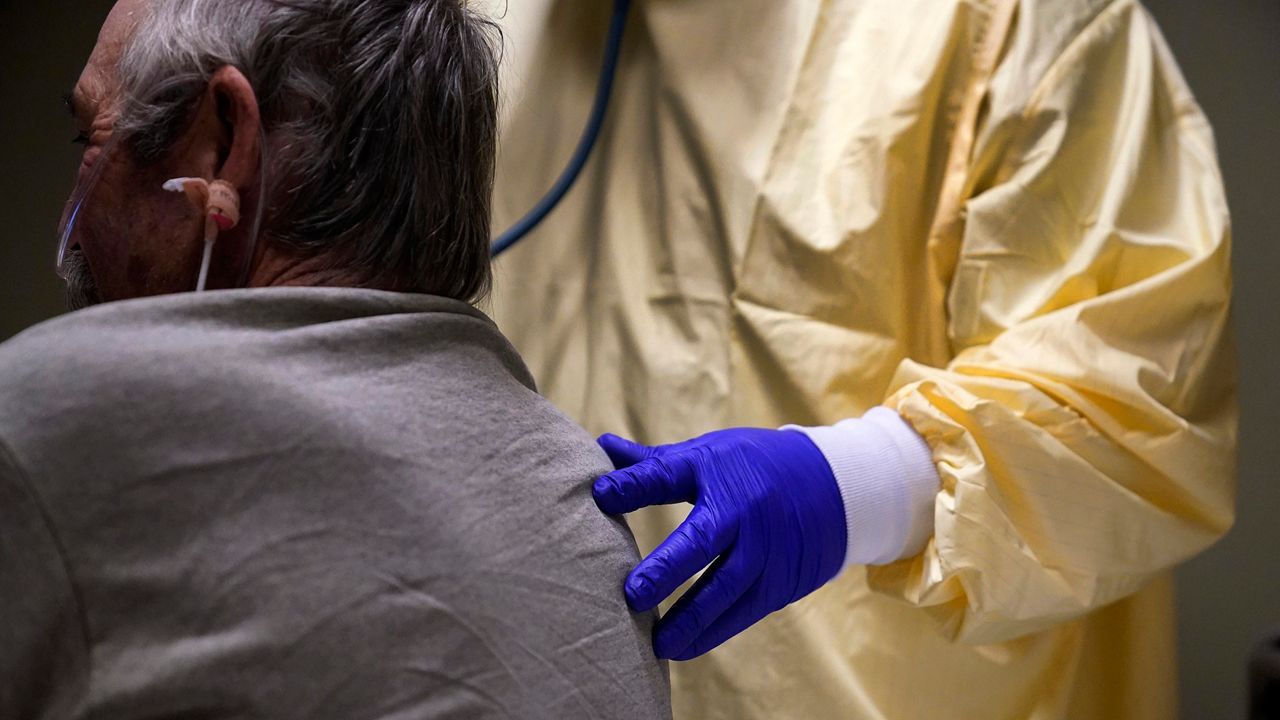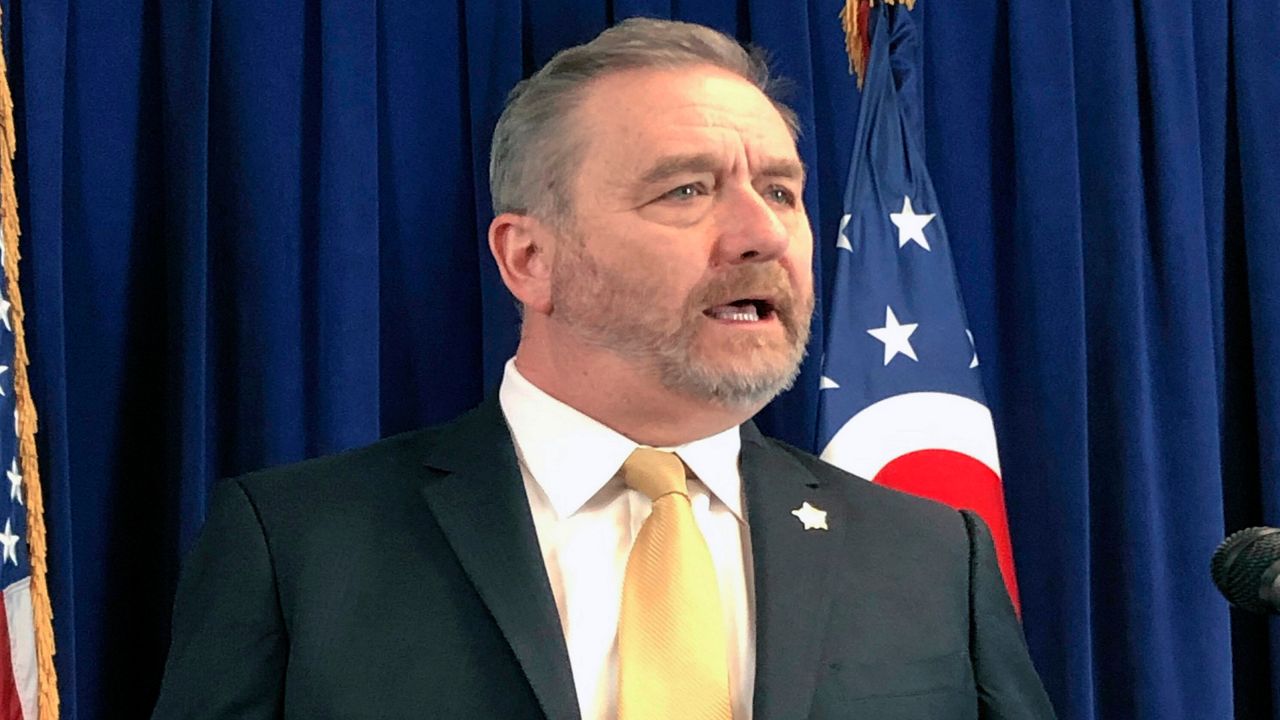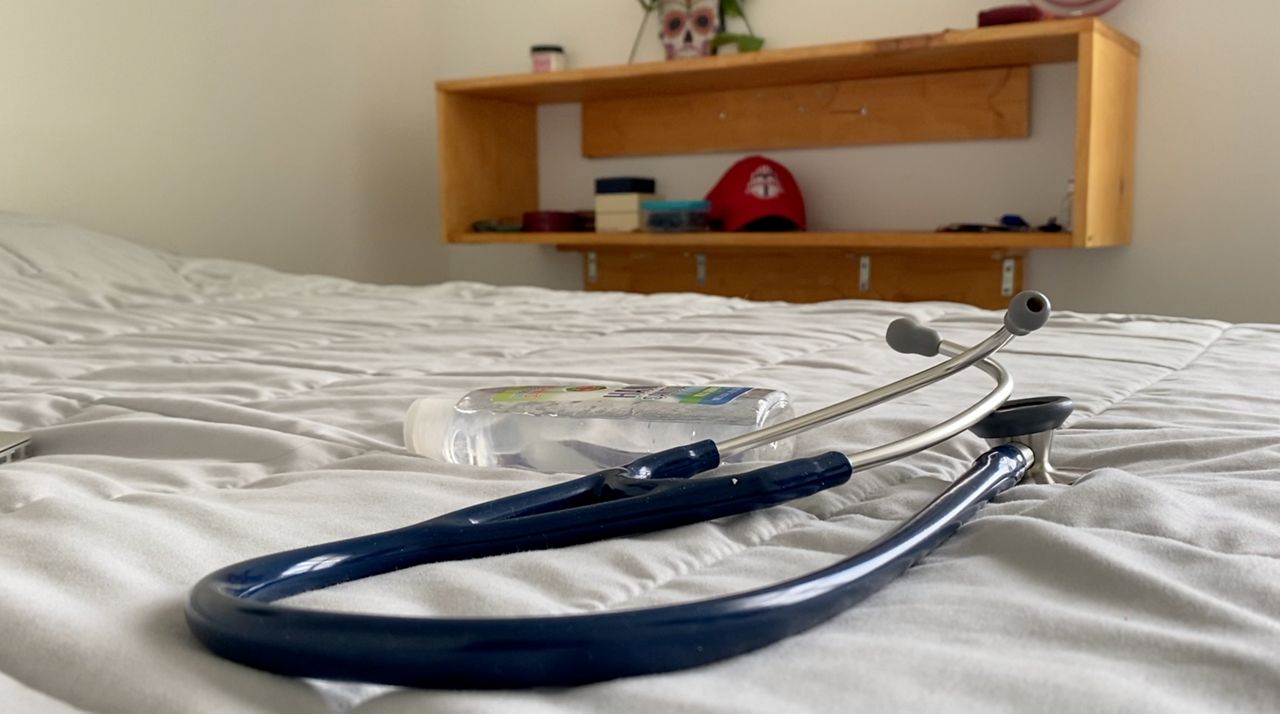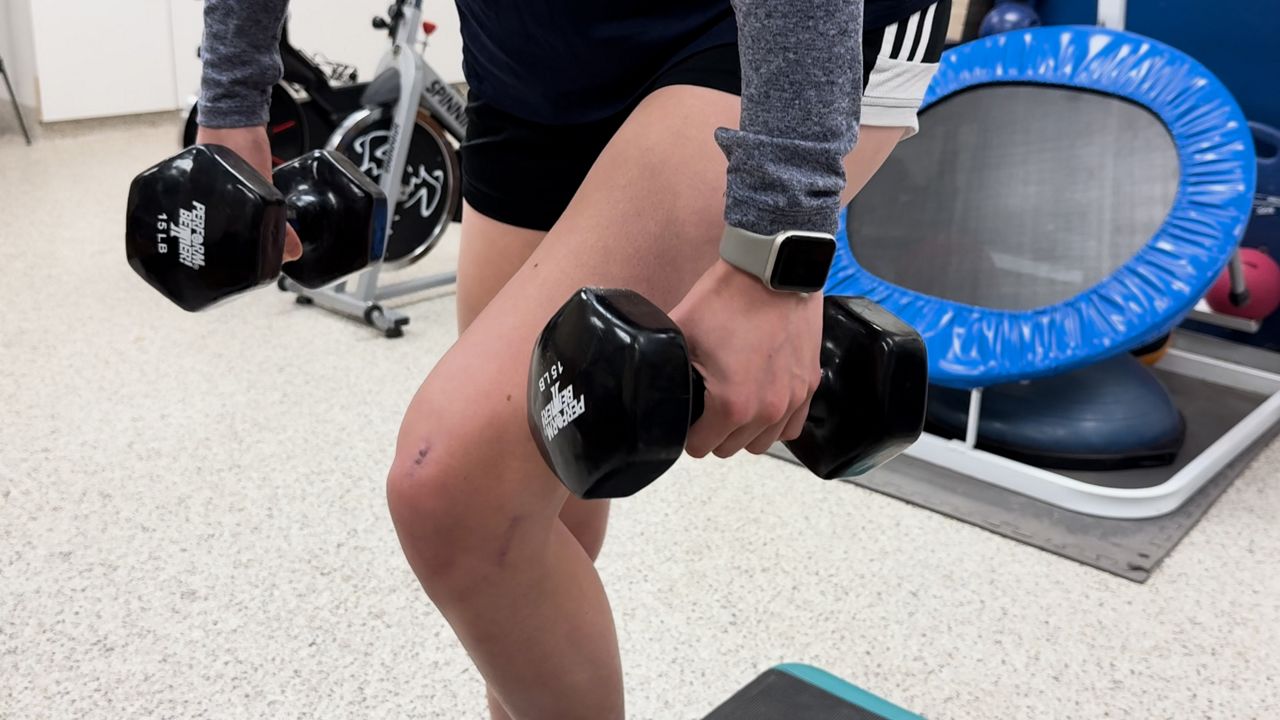CLEVELAND — Trypanophobia is the extreme fear of needles or injections. It impacts about 50 million people and is listed as one of the top 10 fears of Americans.
Cleveland Clinic Psychologist Dr. Susan Albers said if you’ve been putting off your COVID-19 vaccine or dreading getting that bloodwork done, you are not alone.
“It’s a clinical diagnosis that impacts a great number of people. Although many people don’t like needles, a portion of those with a needle phobia, about 7-10% avoid all medical treatment. They avoid routine blood work, vaccinations, flu shots. Things that are really important to their health,” Albers said.
Psychologists say there are a number of things that can cause needle phobia, including traumatic medical experiences or genetics.
“Eighty percent of individuals who have a needle phobia have a first-degree relative who also have this fear and it’s because people in these families have a very strong vasovegal response. Basically, this is when they encounter needles or blood their blood pressure drops very suddenly and they feel faint and sick to their stomach," she said.
However, Albers said it could quite simply be because needles hurt. If you feel anxiety about getting a vaccine, there are things you can do to make the experience a little more pleasant.
"Distraction. When you enter, scroll through your phone, find a focal point, for example, a picture frame to dedicate all of your attention or you can put some head phones in to block out some of the experience. Most importantly, don’t look. Studies have shown that looking at a needle instantly raises your anxiety.
Albers said it may be helpful to bring someone with you and be upfront with the person administering your vaccine.
“Be honest. Tell the medical professional how this experience makes you feel. That you have a lot of fear. This is going to make it much more likely that they walk you through the experience. Make you feel much more at ease and in control," she said.
Albers said to remember that the fear is worse than the needle prick or the actual risk.
Remind yourself of the benefits and the reason you're doing this; to keep yourself safe, maybe reunite with a family member or get back to normal life.










